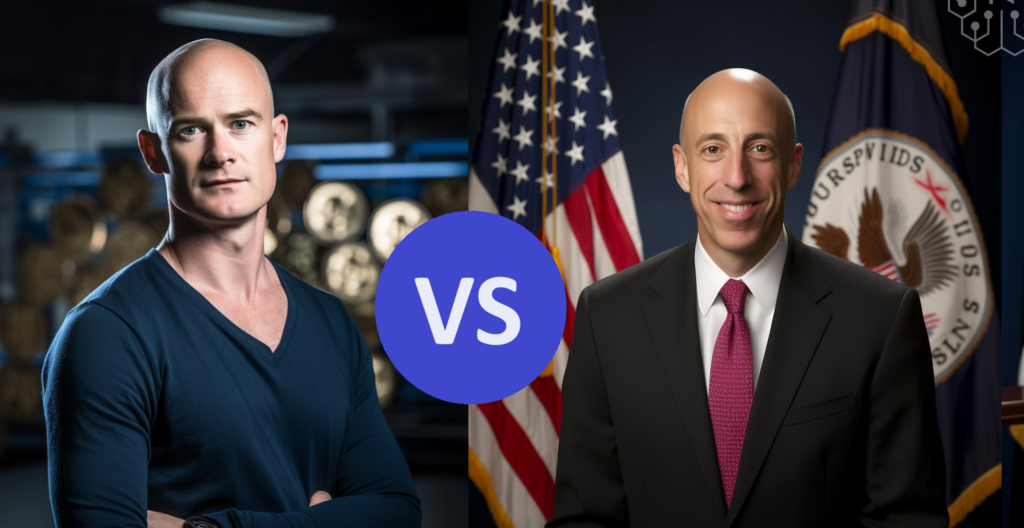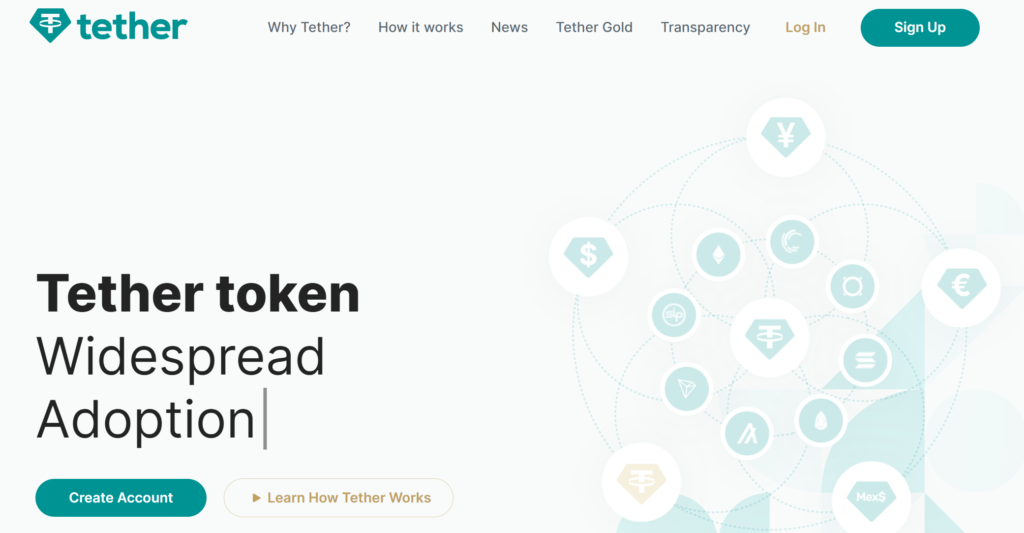In the midst of recent upheavals in the crypto industry, a significant victory for the sector unfolded in the United States, contrasting with potential restrictive measures looming in Asia. South Korea, a powerhouse in the region, is reportedly exploring new crypto regulations with a specific focus on virtual asset mixers.
The Financial Services Commission (FSC) of South Korea is actively considering the implementation of regulations for these mixers, signaling a notable shift in the country’s stance towards digital asset management. The move is part of a broader initiative to tighten regulatory measures in response to concerns about the illicit use of mixers for money laundering.
Originally designed to safeguard user privacy, mixers have, according to the FSC, evolved into tools used by groups like hackers for laundering illicit funds. The regulatory body expresses concerns about the challenges in tracking funds once they pass through a mixer, echoing similar sentiments from the United States.
In the U.S., the Financial Crimes Enforcement Network (FinCEN) issued legislative notices last year aimed at regulating mixers as potential “money laundering services.” This crackdown came in response to the increasing use of mixers for illicit activities and the difficulty in ensuring financial transparency.
The urgency of addressing mixer-related issues became evident when a local blockchain company, Ozzie, fell victim to a hacking incident involving $81 million in virtual assets via the ‘Orbit Bridge.’ Professor Hwang Seok-jin of Dongguk University emphasizes the importance of preventing cashing out of hacked virtual assets by blocking mixer-based transactions at exchanges.
Despite the shared concerns, establishing a concrete regulatory framework poses challenges due to the cross-border nature of mixers and the necessity for international cooperation. The FSC acknowledges this, stating that the mixer issue requires a global approach.
Meanwhile, the U.S. has faced backlash from the crypto community for its crackdown on mixers, with organizations like Coin Center filing a lawsuit against the Office of Foreign Assets Control (OFAC) over actions taken against Tornado Cash and its developers.
In a separate move, the FSC issues a warning against South Korean securities firms engaging in the brokerage of U.S. spot Bitcoin Exchange-Traded Funds (ETFs) following the SEC’s approval of such ETFs. This regulatory divergence highlights South Korea’s cautious stance, aiming to protect the stability of its financial sector by upholding restrictions on financial institutions investing in virtual assets.
South Korea’s regulatory landscape remains stringent, with digital currency not recognized as a financial asset, and financial institutions prohibited from investing in crypto since 2017. The country’s Capital Markets Act further excludes crypto from the scope of underlying assets for investment contract securities. As the crypto industry navigates these regulatory challenges, the global landscape continues to evolve, with both victories and potential hurdles on the horizon.
Disclaimer
The information provided in this article is for informational purposes only and should not be considered as financial, legal, or investment advice. Cryptocurrency investments inherently involve risks, and readers are strongly encouraged to conduct their own research and consult with relevant professionals before making any investment decisions.
The views and opinions expressed in this article are solely those of the author and do not necessarily represent the views or opinions of any organization, platform, or entity associated with the content. The article does not endorse or guarantee the accuracy of the information provided.
Readers should be aware that the cryptocurrency market is dynamic, subject to rapid changes, and may be influenced by various factors, including regulatory developments. Therefore, any decisions made based on the information in this article are at the reader’s own risk and discretion.







